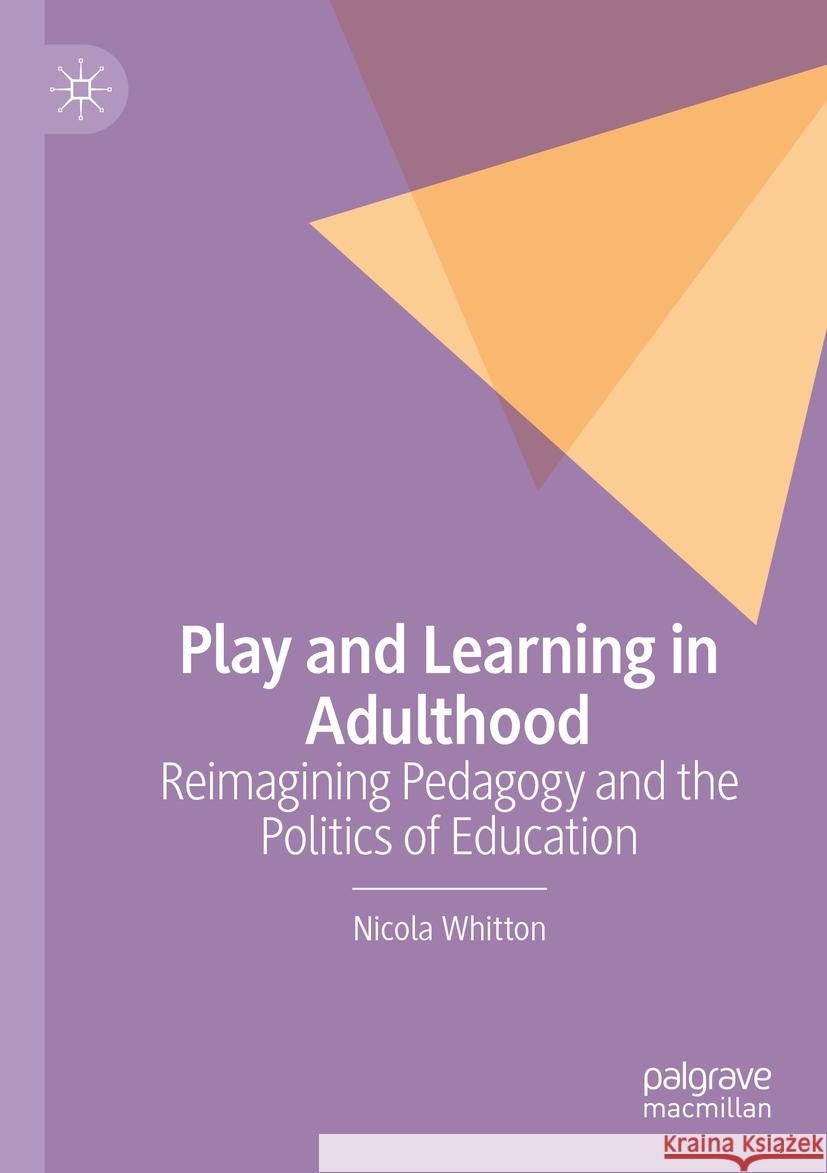Play and Learning in Adulthood » książka
topmenu
Play and Learning in Adulthood
ISBN-13: 9783031139772 / Angielski / Miękka / 2023
Play and Learning in Adulthood
ISBN-13: 9783031139772 / Angielski / Miękka / 2023
cena 603,81
(netto: 575,06 VAT: 5%)
Najniższa cena z 30 dni: 539,74
(netto: 575,06 VAT: 5%)
Najniższa cena z 30 dni: 539,74
Termin realizacji zamówienia:
ok. 16-18 dni roboczych.
ok. 16-18 dni roboczych.
Darmowa dostawa!
This book provides a theoretical and philosophical examination of games, play and playfulness and their relationships to learning and wellbeing in adulthood. It draws on an interdisciplinary literature base (including game-based learning, game studies, education, psychology, and game design) to present a critical manifesto for playful learning in post-compulsory education and lifelong learning. While there is an established body of work in games and learning in adulthood, and a wide literature on the value of play in childhood, the wider potential of play in adulthood and playfulness is under-explored and still emergent. This book offers a comprehensive overview of play in adulthood, exploring the benefits and drawbacks, examining why play in adulthood is different from play in childhood, the role of play in culture, and making an argument for why it is important in our society that we embrace the principles of playfulness.











